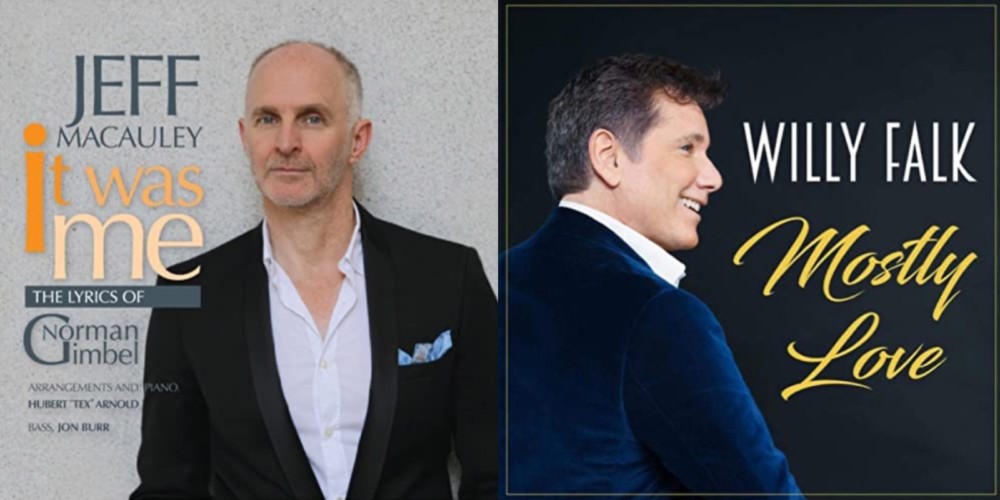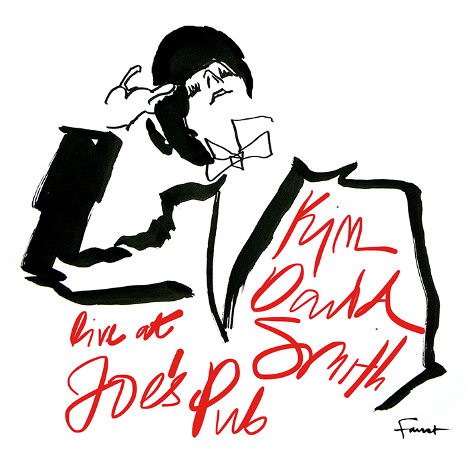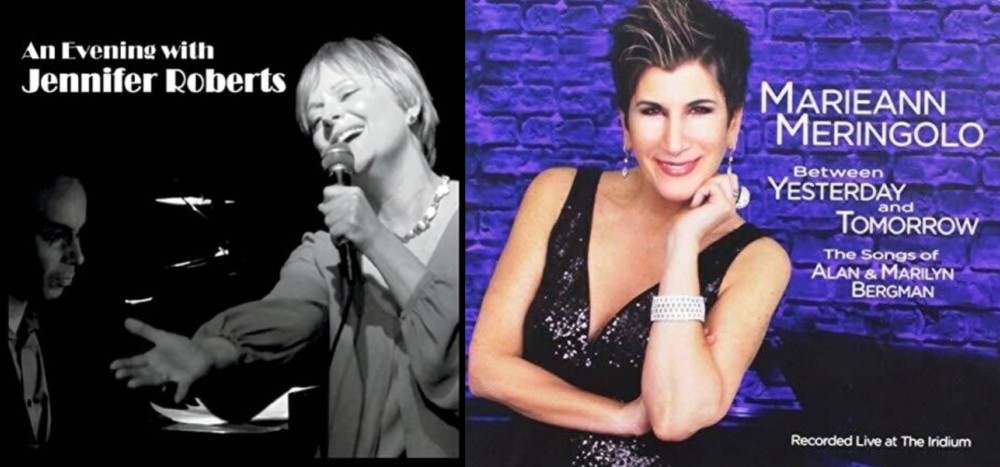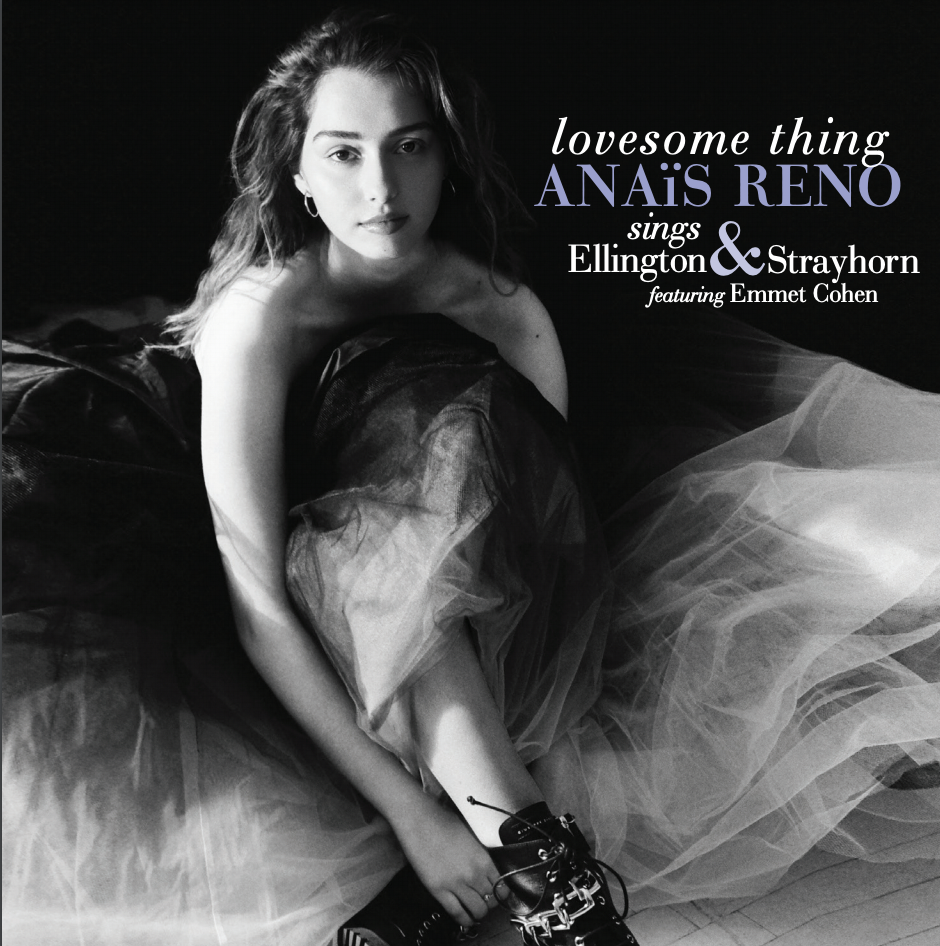
By Marilyn Lester
Willy Falk: Mostly Love
Following a brilliant 35-year career on Broadway, in concert halls and beyond, actor-singer Willy Falk (Tony nominated for his role as Chris in Miss Saigon) followed his recent solo cabaret debut, Mostly Love, with another first, an inaugural CD of the same name. The spectacular result begs the question, “what took so long?” The 10 tracks are really all love, but in the sense that the ancient Greeks had multiple words for aspects of love. Falk’s choices range from romance to the more abstract, such as Scott Evan Davis’ achingly beautiful “Before I Forget,” a story song about the pain of Alzheimer’s disease. It’s one of several numbers on the album that requires tissues to be handy. Also in that category are two ballads, “If I Love Again” (Ben Oakland/Jack Murray) and “Irving Berlin’s “What’ll I Do?” Both are delivered softly and sensitively; on the latter, music director Ron Abel’s intelligent and stunning arrangement harmonically supports the anguish of the lyric. Another heartbreaker, “Gravity” (Sara Bareilles) combined with “Good Morning Heartache” (Ervin Drake/ Irene Higginbotham/Dan Fisher), also brilliantly arranged by Abel, is evocative and affecting, with Falk deftly moving through layers and ranges of emotion. In these few offerings alone are qualities that Falk imbues into every song he presents: complete honesty and authenticity, and the ability to interpret the lyric in the most appropriate manner possible, building and conveying the story directly without the need to embellish with vocal trickery.
As much as Falk can tone it down, he can also power up. He’s versatile, and has had an opera career in addition to singing pop and musical theater material. The sure ownership of his own voice informs his vocal dynamism. One of his signature songs “In Whatever Time We Have” (Stephen Schwartz from Children of Eden), is testimony to his vocal prowess and musicality—which includes an innate sense of rhythm and harmonic structure. It’s a tricky number, a power tune, with fairly complex chord changes. Falk spins it out with ease, knowing exactly when to hold back and when to let loose. “In Whatever Time We Have” is also a number that demonstrates his range. Technically, Falk is a tenor, but he can hit low notes with as much facility as the high ones. In the mid-range, unlike many tenors, whose tone can be thin-ish, his is rich, mellow and honey-laced.
For sheer happiness, expectation and determination, Falk enthuses with conviction in “The Best Is Yet to Come” (Cy Coleman/Carolyn Leigh). Lucky indeed is the object of the singer’s affection. Bookending Mostly Love are two other up-tunes. The opener, “Comes Once in a Lifetime” (Jule Styne/Adolph Green/Betty Comden) is a ferociously joyous interpretation of the lyric and melody that builds to a glorious conclusion of exhilaration. Closing with “You Raise Me Up” (Rolf Løvland/Brendan Graham), Falk lets out all stops with a full-bodied, inspirational anthem of thanksgiving to the beloved, whomever he/she/they may be. In Mostly Love, Willy Falk has created a gem of a recording, a showcase for his extraordinary talent, backed by Abel and a crew of ace musicians.
Jeff Macauley: It Was Me: The Lyrics of Norman Gimbel
Although not new, Jeff Macauley’s CD tribute to lyricist Norman Gimbel, based on his cabaret show of the same name, is noteworthy for two reasons. First it brings into the light the considerable contributions of the lyricist few have heard of, but whose contributions are mighty (he won an Academy Award and two Grammys for his work). Secondly, It Was Me liberally showcases the mastery of the late Tex Arnold, Macauley’s pianist and music director, whose artistry here is breathtaking. Each of the 15 tracks is a special Arnold display of piano prowess, especially “Bluesette” (music by Toots Thielemans), in which Arnold shows off some considerable jazz chops, and “I Will Follow Him” (music by Franck Pourcel as J.W. Stole and Paul Mauriat as Del Roma), a big pop hit in 1963 for Little Peggy March.
Ever approaching his work with intelligence and thought, Macauley has nicely chosen some of Gimbel’s more obscure work, as well as the hits. In this former category of tunes is the story song, “Where’s Poppa?” (music by Jack Elliott) written for the 1970 black comedy film of the same name. “Song of the Sabia” (music by Antônio Carlos Jobim, Brazilian lyrics by Chico Buarque) is a lesser known of Jobim’s work, which is also represented by the very familiar in medleys of “Meditation/So Nice (Summer Samba)” and the gender-bending “The Boy From Ipanema/How Insensitive.” Macauley’s strong suit is interpretive. He unfailingly demonstrates an understanding of the lyric, to which he applies a steady reveal of meaning. Where there aren’t powerful bursts of bravado, there is instead consistently expert phrasing. The up-tempo “For Me” (music by Edu Lobo) was delivered with plenty of conviction and also featured prime pianistic proficiency by Arnold. “It Was Me” an aching ballad of lost love, originally written in French by Gilbert Bécaud and Maurice Vidalin, was delivered with heartfelt intensity. Closing out It Was Me, Macauley offered the jaunty “Live For Life” (music by Francis Lai), putting a cap on an album rich in the wonders of a lyricist who deserves the recognition.





















